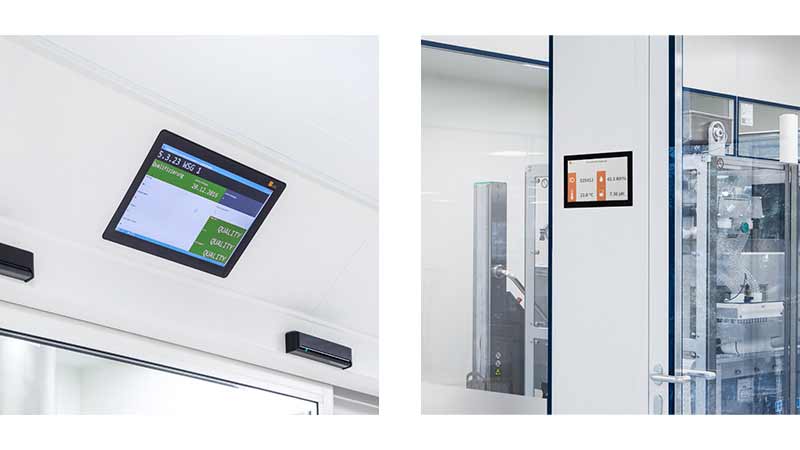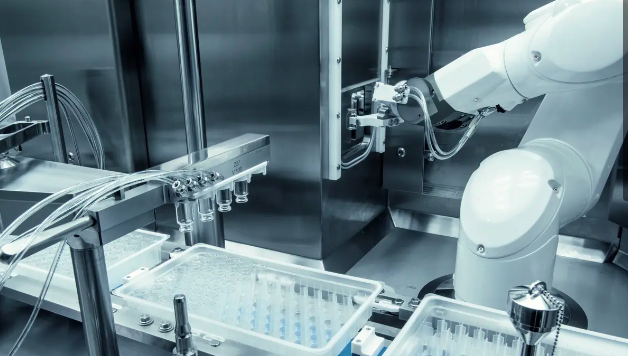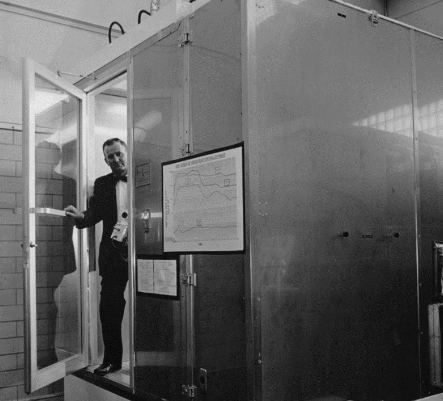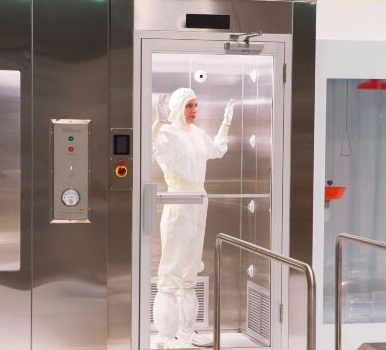Industries such as pharmaceuticals, biotechnology, and semiconductor manufacturing rely on clean rooms to maintain controlled environments that are free from contaminants. However, as technology advances, the demands placed on clean rooms have also increased. In this blog, we will discuss the new advancements being made in clean room technology and how they will impact industries that rely on clean rooms.
Advanced Air Filtration Systems
One of the most critical aspects of any clean room is its air filtration system. Clean rooms use high-efficiency particulate air (HEPA) filters to remove contaminants from the air. These filters are designed to capture particles as small as 0.3 microns, which is smaller than most bacteria and viruses.
However, with the increasing demand for ultra-clean environments, the current air filtration systems may not be sufficient. To address this, researchers are developing advanced air filtration systems that can remove even smaller particles from the air. These new systems use advanced materials such as graphene and carbon nanotubes to create filters that are more efficient than traditional HEPA filters.
These systems have the potential to revolutionize clean room technology, making it possible to achieve ultra-clean environments that were once thought impossible.
Smart Clean Rooms

Another trend that is shaping the future of clean room technology is the development of smart clean rooms. Smart clean rooms use sensors and advanced analytics to monitor and control the clean room environment. These systems can detect changes in temperature, humidity, and air quality in real-time, making it possible to respond quickly to any issues that may arise.
Smart clean rooms can also help reduce energy consumption by optimizing the use of HVAC systems based on the actual conditions inside the clean room. By reducing energy consumption, smart clean rooms can help organizations reduce operating costs and minimize their environmental impact.
Robotic Systems

The use of robotic systems in clean rooms is another trend that is gaining popularity. Robots can perform repetitive tasks with a high degree of precision, reducing the risk of human error and contamination. They can also work around the clock, increasing productivity and reducing the time required to complete certain tasks.
Robotic systems can be used in a variety of applications, from handling and packaging products to performing complex laboratory procedures. As the technology advances, we can expect to see more applications for robotic systems in clean room environments.
Clean Room Monitoring
Another area where we can expect to see significant advancements in clean room technology is in the area of clean room monitoring. Currently, most clean rooms rely on manual inspections to ensure that the environment is within acceptable levels of cleanliness. However, with the development of advanced sensors and monitoring systems, it will be possible to automate this process.
Automated clean room monitoring systems can continuously monitor the clean room environment, detecting any changes in temperature, humidity, or air quality. These systems can also detect the presence of contaminants, such as bacteria or viruses, in real-time. By automating the monitoring process, organizations can reduce the risk of contamination and improve the overall performance of their clean room environments.
Impact on Industries
The advancements being made in clean room technology will have a significant impact on industries that rely on clean rooms. In the pharmaceutical industry, for example, the development of advanced air filtration systems and smart clean rooms will help ensure the safety and efficacy of drugs. This will lead to better patient outcomes and reduced healthcare costs.
In the semiconductor industry, the use of robotic systems and advanced monitoring systems will help increase productivity and reduce the time required to develop new products. This will help semiconductor manufacturers remain competitive in an increasingly global market.
Clean room technology is constantly evolving, driven by the demands of industries that rely on these controlled environments. The advancements being made in air filtration systems, smart clean rooms, robotic systems, and clean room monitoring will have a significant impact on industries that rely on clean rooms, making it possible to achieve even higher levels of cleanliness and productivity.
The future of clean room technology is exciting, and we can expect to see many new advancements in the years to come. As organizations continue to demand ultra-clean environments, researchers and engineers will work tirelessly to develop new technologies that can meet these demands.
It is worth noting that while these new advancements will undoubtedly improve the performance and efficiency of clean rooms, they will also come with new challenges. As the technology becomes more advanced, it will become increasingly difficult to maintain these environments and ensure that they remain within the required parameters. Organizations will need to invest in the proper training and equipment to maintain these environments properly and that’s where we come in!
Clean Spaces is growing and our solutions will impact and improve your clean room process immensely. Keeping track of all that data while creating the data and maintaining environmental standards is a lot to focus on all at once and do it well at the same time. Our technology will take your recording systems to higher levels, making your life much easier and more consistent.
The future of clean room technology is bright, and we can expect to see many new advancements in the coming years. These advancements will help organizations achieve even higher levels of cleanliness, productivity, and efficiency, leading to better outcomes for both businesses and consumers alike.



